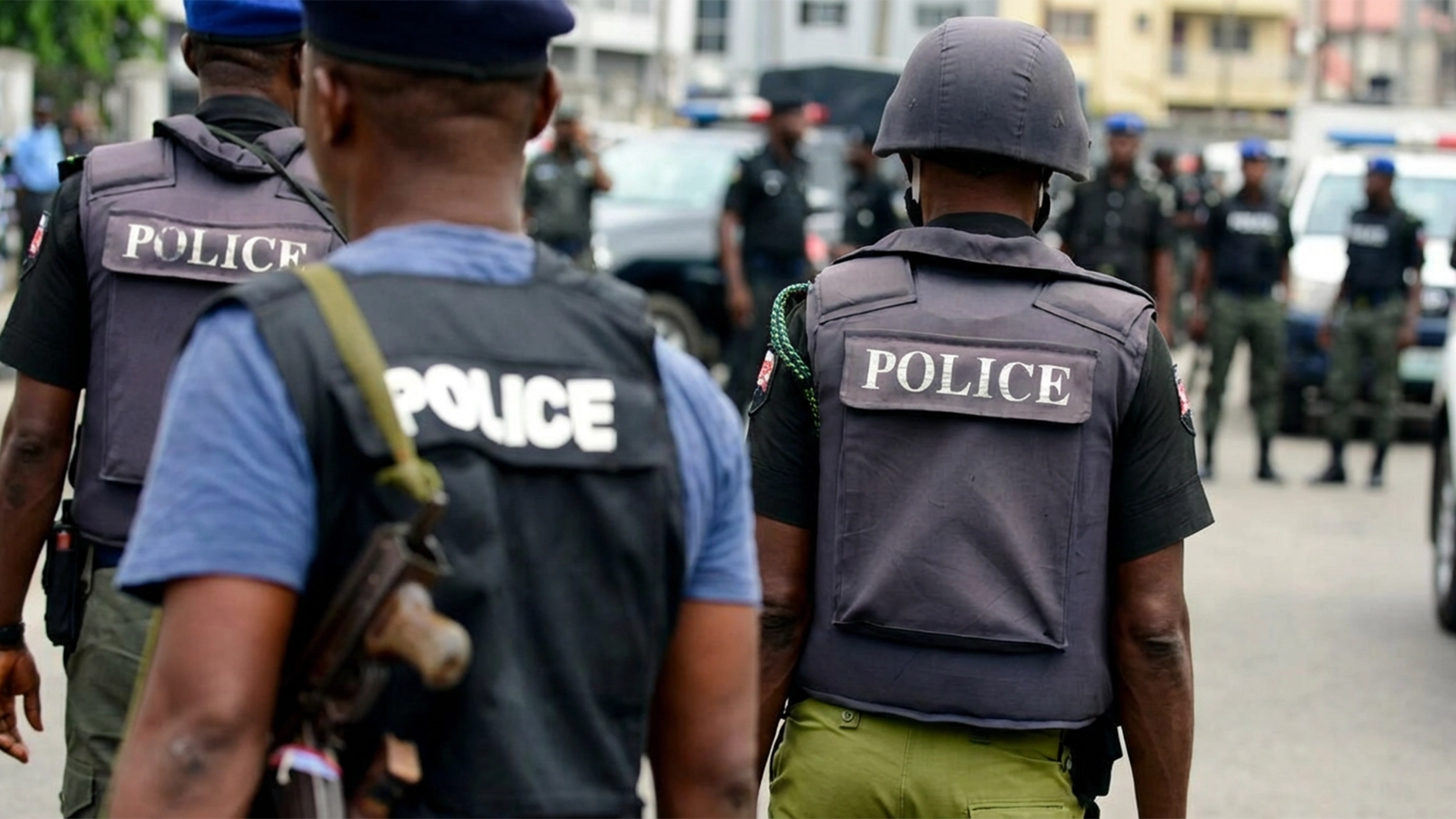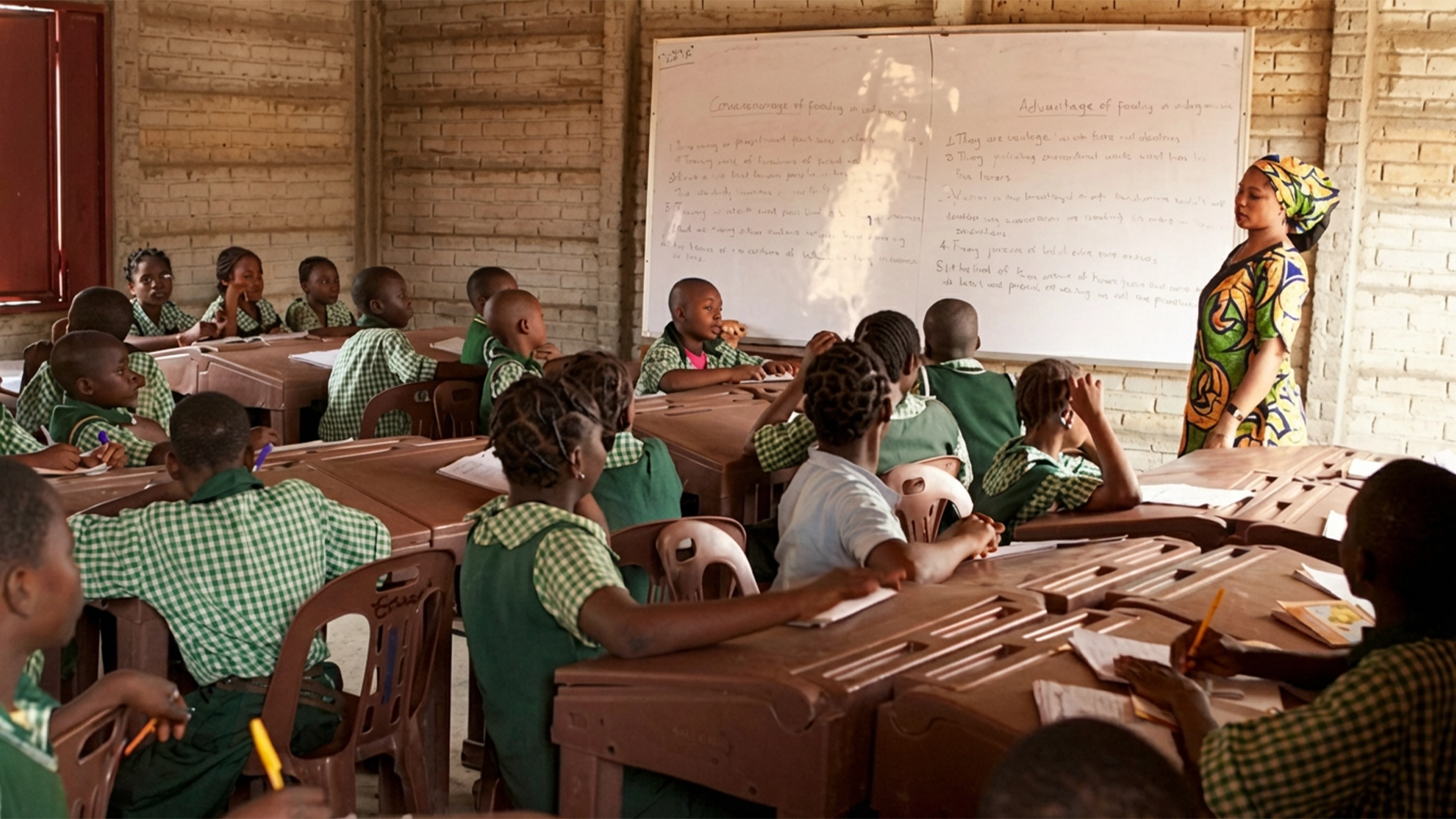 Is Nigeria better off than it was one year ago?
Is Nigeria better off than it was one year ago?
As President Muhammadu Buhari marks his first year in office today, Nigerians who have invested their hopes in him are the most qualified to dispassionately assess his administration, evaluate performances in all areas and pass their overall verdict. Although aides of the president and party acolytes have embarked on an image-laundering exercise, assessing the one year-old government is far beyond sycophantic loyalty expressed in flattering sentences.
To the opening question therefore, the answer must, of certainty, be a mix of yes and no!
Having taken off at a slow, even dithering, pace, the Buhari administration has plodded along, demonstrated good intentions but backed these up with much less action than expected. Expectations have not been met but the possibilities are comforting. Hope has risen but only alongside relentless despair. Though darkness still reigns in Nigeria’s tunnel, the search for light is seen as genuine.
In a list of achievements highlighted by the Presidency, an administration which rode to power on a crest of incredible goodwill amidst a great thirst for change, can only claim, amongst others, to have reduced ghost workers in government establishments by 34,000, reduced the number of ministries from 42 to 25 and recovered N7 billion from the probe of the Office of the National Security Adviser. Also, with the recovered money from the late Sani Abacha’s loot stashed in Switzerland, Nigeria should be richer by $321 million. For a nation in desperate need of miracles in critical areas like electricity, roads, education and health-care delivery, all these would seem puny. And the need to clear the mess of the past would not be an altogether acceptable excuse.
Amidst the glaring incompetent leadership, profligacy of public officials, widespread insecurity, weakened institutions, dwindling economic fortunes and insensitivity to the people’s plight before the 2015 elections, Nigerians had high expectations and were willing to lay their trust in any government that would change this. Indeed, if Nigerians needed anything one year ago, it was a president and a government that could demonstrate in words and action high enthusiasm about fighting the root of all this: corruption.
In this regard, the disposition of Buhari, in words and action, to take the fight against corruption seriously is not in doubt. He has also signaled a welcome departure from official impunity by setting some good personal examples and declaring obedience to the law, the guiding philosophy of his administration. The president’s and vice president’s prompt decision to slash their salaries by half and to reject expensive customized armoured cars was not only good for the fight to cut costs in government, it was a commendable symbolic expression of solidarity with Nigerians in the face of searing economic downturn. Buhari’s commitment to probity and accountability has been further certified by the probes of the Office of the National Security Adviser, the Nigeria National Petroleum Corporation (NNPC) and others.
The consequence of these probes has been a salutary effect on the morale of Nigerians and even the fight against insurgency in the north- east. The morale of the Nigerian Armed Forces has been boosted, while the indiscipline and disorganization experienced before now have been curtailed. With judicious injection of funds and re-organization of the Nigeria Military Command Centre in the onslaught against terrorism, the government is now able to curtail Boko Haram. Compared to the siege on the nation in the past administration, territories hitherto captured by the sect have now been liberated, no fewer than 11,595 persons, including two of the 276 missing Chibok school girls have been rescued. The murderous sect, it seems, no longer poses the threat it used to. And this is no mean feat.
Another demonstration of the administration’s commitment to prudence in governance and no tolerance for corruption is the enforcement of the Treasury Single Account (TSA). This has been a master-stroke against financial imprudence emanating from dubious collaboration between banks and public institutions. The implementation of this unified accounting structure is, in principle, laden with positive expectations because of its potential to ensure transparency and accountability.
If the above successes are anything to go by, their value should rest in high economic prospects for this nation. But, so far, on the matter of the economy, there is an opaqueness of policies as well as confusion and vacillation about the direction in which the nation is heading.
Indeed, the adjectives that characterize the former administration are gradually creeping in for the description of the economic policies of the Buhari government. The state of the economy is very bad. Inflation, interest rates and unemployment have been on the rise since the last quarter of last year to date. A critical economic infrastructure like power supply has also been deplorable, against all promises and expectations. Cost of living has risen in the face of increased electricity and fuel prices, and living standards for the majority of the people are at the lowest.
Nigeria’s economic decline is further aggravated by a poor oil market, characterized by low production, low pricing, and low sales. The Central Bank of Nigeria (CBN) has manipulated monetary policies with a view to strengthening the national currency but all to no avail given the government’s failure to enunciate any cogent fiscal policies. The result has been a naira on a free fall against all other currencies, set on a galloping slide down the abyss by dwindling foreign reserve and a corruption-laden forex market.
Furthermore, the government’s oft-stated promise of aggressive vertical diversification from oil and gas to agriculture has lately come to be seen as a fluke. Whilst the agricultural plans seem ambitious and commendable in expression, they are also not clear in practical enunciation and are nowhere to be found in reality. The facilities and modalities for executing plans are not clear, even as there are no institutions for monitoring progress if any is made. Economically, therefore, few understand what direction Nigeria faces and while the economy remains in a bad shape, investors are fleeing.
Once again, there is so much promise. But this government does not just run the risk of losing the good will, expectation and trust of Nigerians, but has lost much support since inception. In recent times, members of the administration have carried on with so much haughtiness and lack of decorum in their responses to the complaints of Nigerians about their pains. Many have been insensitive, self-righteous and indignant as they respond to issues demanding caution, understanding and compassion. That’s when they are not heaping all blames for their obvious failings on the last administration, something Nigerians have become weary of hearing. Although the people’s trust and goodwill provide a receptive ear and heart to its policies, this government would appear to have taken the people’s loyalty for granted by the indecorous utterances of its officials.
While there has been marked improvement in the war against Boko Haram, the score-card of this administration in terms of comprehensive national security and national integration is below par. In fact, the administration’s handling of widespread insecurity has swings between incompetent, insensitive and seeming complicity. The government’s reputation is certainly not enhanced by its poor response to the menace of murderous rampaging herdsmen, the renewed militancy in the Niger Delta, and the increasing cases of kidnapping in parts of the country.
Nigerians love President Muhammadu Buhari and there is hardly a better evidence of this than their continued tolerance of even his actions and inactions that ordinarily should rouse them to protests. But he seems a bit oblivious of this depth of affection in all corners of Nigeria and remains cocooned in a very small world inhabited by only a few persons he thinks he knows and trusts. Hence the perception of many Nigerians that he is, sadly, too short in outreach, too insular, and has a horizon too limited for a pan-Nigerian leadership history has beckoned on him to provide. Hardly any set of appointments made by him has escaped criticism for its lopsided. And if anything, recent appointments seem to suggest that the President has not heard from Nigerians. Although convinced about his mission, Nigerians still view him as inattentive to their views. Whilst he has been quick to recognize certain shortcomings of his administration, such as his apology for the fuel scarcity – the longest and harshest in this country in many years – as well as for the inappropriate sack of some university vice chancellors, his government should work assiduously to show that it is listening to Nigerians.
Even in areas where he has made some progress, there remains much to do. In this regard, he should build institutions for the fight against corruption so that the anti-corruption drive would not be seen as an instrument for settling scores or personal vendetta against perceived opponents and enemies. Indeed, the main challenge in the years ahead would be to address the notion that Buhari’s anti-corruption drive appears one-sided, incomprehensive and opens itself up to accusations of intentions not so noble. This poor representation of the anti-corruption crusade is further compounded by the painful bureaucracy and maladministration of the law courts. This demands that the legal structure for executing the fight against corruption should be redesigned and the President has enough moral as well as political capital to do it.
The legislative arm of government at all levels has not lived up to expectation. While the National Assembly often puffs and kicks, the State Legislatures are mostly in disarray and are mere appendages to the executive. In the absence of a clear political roadmap, and a workable economic blueprint for the people, state governments have become so clueless about any form of sustainable development for them. It is a tragedy of the most lamentable order that payment of salaries pass for an achievement, if not a miracle, now touted by governments.
Nigeria has to stay engaged in the world but unlike his numerous travels in his first year, the president should now stay more at home and face the challenges plaguing the nation. Buhari’s incessant travels, making him look like a roving president, has added little value. It has even been interpreted that he goes outside to consult with foreign advisers, who by their orientation serve only self-interests. This suspicion stems from the fact that it was abroad, more often than not, that the president made definite statements concerning his own nation. This has even caused the country some embarrassment, leading to accusations that President Buhari’s trips and utterances abroad do more damage than good to him and to his administration.
The complexities of Nigeria are understood by Nigerians and the president should not only understand those complexities, but lead in restructuring the country. The yearning of Nigerians for a truly federal state that functions and prospers is one he must recognise and fulfil. By doing that, his stock of goodwill would rise even higher and his place in history would be assured.
Though Nigerians acknowledge the personal moral integrity of the president, this, unfortunately, is not enough; it should be garnished by an understanding character. Buhari’s integrity should rise beyond particularity. A leader should not only tell or live the truth, he also needs the prudence to understand his people, and to go where the people’s hearts are. The journey is long and the road is not an easy one to travel but Muhammadu Buhari must find the capacity and political will to take Nigeria to the people-identified promised land.






